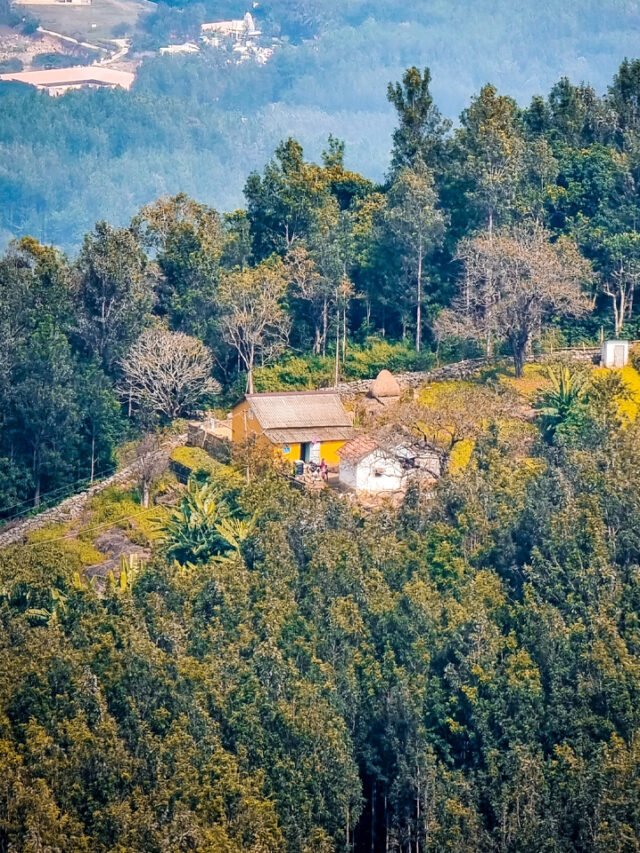LAHORE, June 9 (PTI): An anti-terrorism court has denied police further physical remand of 13 women supporters of former Pakistan Prime Minister Imran Khan, including fashion designer Khadija Shah, in a case linking them to the attack on the historic Jinnah House here and sent them to jail on judicial remand.
When the women belonging to Khan’s Pakistan-Tehreek-e-Insaf (PTI) party were produced before the court on the expiry of their six-day physical remand, the Investigating officer (IO) asserted that further custody of the suspects was required to recover clubs and petrol bombs used during the May 9 attack at the Jinnah House, also the residence of the Lahore Corps Commander, the Dawn news reported.
The IO said clubs were recovered from Shah, Sanam Javed, and Tayyaba Raja.
The three women however rejected the claim that the club had been recovered from their possession.
Judge Abher Gul Khan observed that the IO had not mentioned the recovery of petrol bombs in the previous application for the physical remand of the suspects and turned down the police request for further physical custody.
The women, including former member of the National Assembly Alia Hamza, Maryam Mazari, Sabuhi Inam, Huma Saeed, Ayesha Masood, Maha Masood, and Khadija Nadeem, apart from Khadija Shah, Sanam Javed, and Tayyaba Raja, were then sent to jail on judicial remand.
At least 10 persons were killed and more than 1,000 injured in the violence that broke out following the arrest of former Prime Minister Khan from the premises of Islamabad High Court by the National Accountability Bureau (NAB) in the Al-Qadir corruption case.
Protesters, mostly from Khan’s PTI party, on May 9 attacked over 20 military installations and government buildings, including the Lahore Corps Commander House, Mianwali airbase and the ISI building in Faisalabad. The Army headquarters (GHQ) in Rawalpindi was also attacked by the mob for the first time. Khan was later released on bail.
Law enforcement agencies have arrested over 10,000 workers of Khan’s Pakistan party across Pakistan, 4,000 of them from Punjab province.












